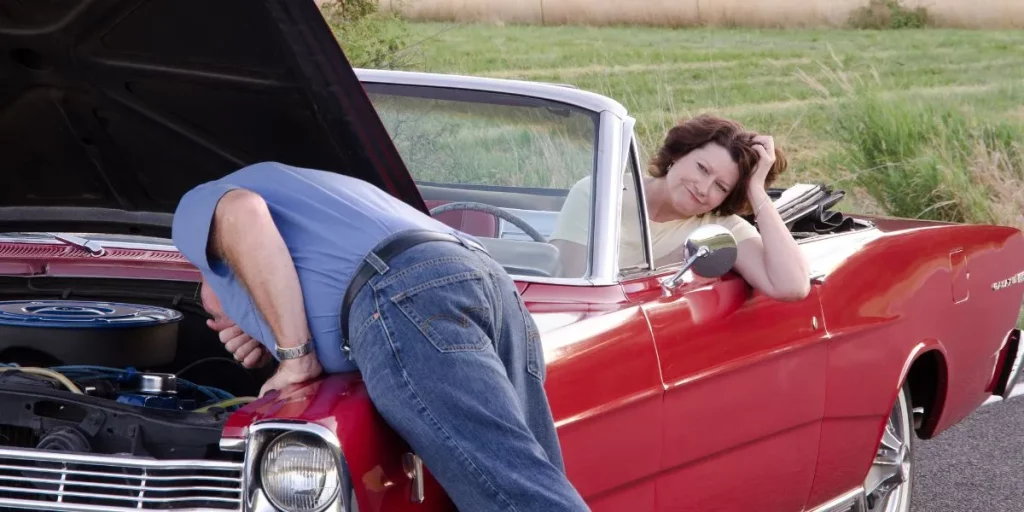
Providing Divorce Mediation Services Throughout California
Providing Divorce Mediation Services Throughout California
Home » Divorce and Family law Blog » Developing a Successful Timeshare Plan

During the busy holiday season, I braved San Jose’s Trader Joe’s for some last minute grocery items. As I exited the store, I headed into a jammed parking lot in Almaden Plaza. You know the kind…carts parked under trees, cars in every direction, all set to the holiday tune of honking cars.
Out of the corner of my eye, a dad was struggling with his two tiny tots and a cart full of groceries. I watched as he pulled his cart close to his SUV, unloaded one child and buckled him into his seat, leaving the other child unattended.
I can’t help but think how this would play out in a custody battle in Santa Clara County, even years later. No longer is this dad brave for facing the holiday crowds to help mom out, but careless and negligent, always putting these children in harms way. California lawyers will have a field day with this one.
The holidays have a way of magnifying our relationship problems. Simple mistakes become catastrophic. Now this family has had a horrible holiday season and despite the best counseling, and because of other compounding issues, is determined to move on this year with a divorce. Front and center, the parents wonders how they will co-parent, what the court would do, and how they should go about doing it. In our other blog posts, you know the various processes the parents can pursue to obtain a custody schedule (litigation, kitchen table divorce, collaborative, and mediation) Read more at I’m Getting a Divorce Now What? and the importance of a detailed custody plan from my previous blogs. In this blog, I hope to provide you information about the court’s perspective in developing timeshare schedules for parents and how to think about these schedules in a way that benefits the children.
You might think there is a rule to encourage 50/50 timeshare in a divorce in Santa Clara County. However, the standard is not nearly that black and white. The California Family Code expressly establishes that there is no preference or presumption for a particular type of custody or visitation arrangement. Instead, when it comes to child custody, the courts are looking for a timeshare schedule that allows the children to be in frequent and continuing contact with both parents. As a result, parents in California should share the rights and responsibilities of child rearing unless the contact would not be in the children’s best interests. This is because the court’s primary concern is to assure the child’s health, safety, and welfare, whether Santa Clara County, San Mateo County, Los Angeles County.
There is one significant exception to frequent and continuing contact. There is a rebuttable presumption against a sole or joint custody award to a parent who has perpetrated domestic violence against the other party, the child or the child’s siblings within the previous five years. In other words, the parent who has perpetrated domestic violence has the burden to prove that he or she should be awarded sole or joint custody despite the domestic violence finding. Aside from this, in practice, courts will try to move parties into a 50/50 timeshare if there are no real issues affecting the children’s health, safety and welfare. However, because of the litigation burden and other contributing factors, this may never be achieved for some families. As discussed below, a 50/50 timeshare is not necessarily the best for all children especially in cases where there is high-conflict between the parents.
This will depend on a number of unique factors about the family and the relationship between the parents. There are two general factors to consider in devising a timeshare plan. One: the ages of the children. Two: the relationship between the parents. Dr. Robert Emery, a Professor of Psychology and Director of the Center for Children, Families, and the Law at the University of Virginia, has done extensive statistical studies on the long-term successes of custody mediation and the importance of having a parenting plan that works for the family. In general, he finds younger children benefit from having a “home base.” This would mean fewer exchanges between the parents, and staying with one parent for most of the time. School aged children can manage more complicated schedules – as long as the children have parents who can co-parent successfully. This might be week on/week off, a 2-2-3 schedule or a number of other variations. For teenagers, the best schedule is helping them develop their own. If teenagers have input, they are more likely to follow through, which is difficult task in itself.
This needs to be balanced against the second factor: the relationship between the parents, or what Dr. Emery calls divorce style. Dr. Emery categorizes this in three categories: cooperative, distant, or an angry divorce. In a cooperative divorce, the parents are able to co-parent effectively, keeping discussions about the children between them in a businesslike manner. In a distant divorce, the communication between the parents is difficult and often veers away from the children. The parents have to work hard not to engage in verbal bantering, especially in front of the children. Obviously, the angry divorce is when one or both parents are so angry with one another their ability to co-parent is next to none. The children are usually aware of the animosity and can often be caught in the middle. Parents who have a cooperative divorce can handle more frequent exchanges than those in a distant or angry divorce. Think about the couple’s relationship. If they tend to be tense or even hostile with one another, a schedule that has the children doing less exchanges the better. This protects the children from having to see more tension, anger and constant bickering, message sending and the like between their parents.
At Families First Mediation, we pride ourselves in formulating creative solutions in a cost-effective fashion, without sacrificing quality results. We put our clients first in their divorce. It’s about them. It’s that important. Give us a call today to see if our divorce mediator can help you


Families First Mediation is a pioneer in the field of divorce mediation. Our entire divorce mediation team takes great pride in being active trainers, divorce mediators and teachers of mediation in the greater California area. If you are considering a collaborative divorce, legal seperation or looking for a san jose divorce lawyer we have services that may be beneficial to you. Take advantage of our vast expertise and background in the field of divorce mediation and our genuine desire to help with your divorce mediation services.